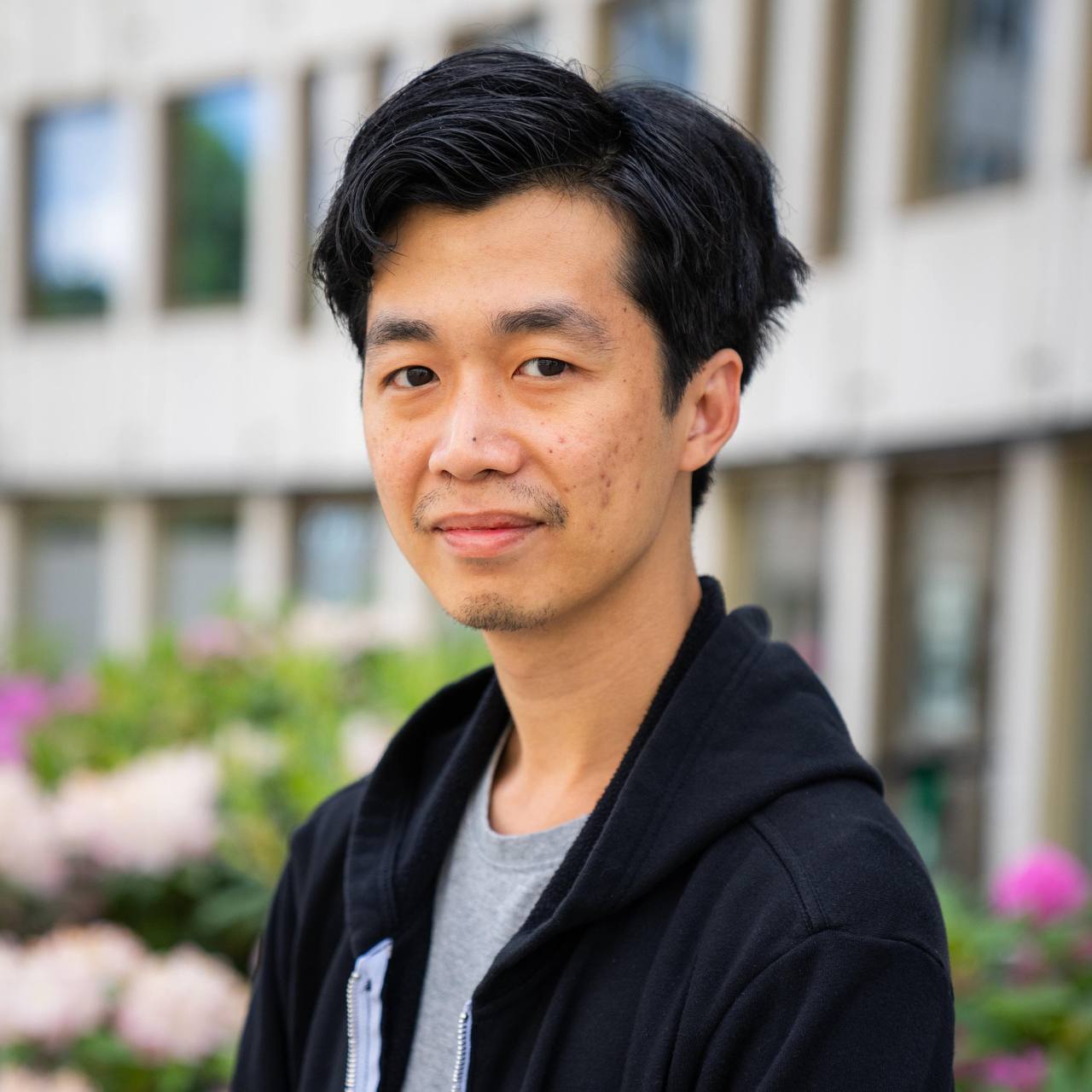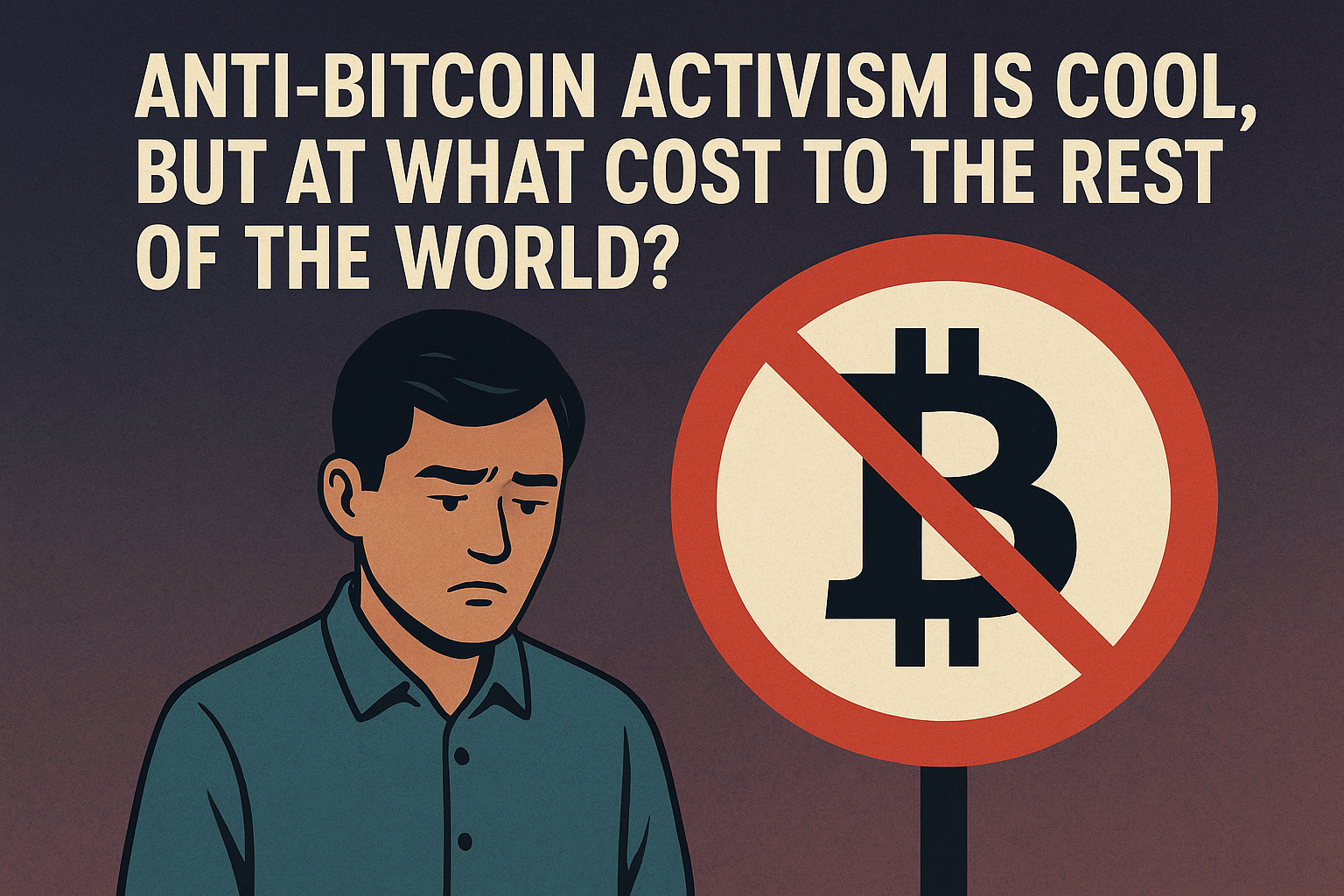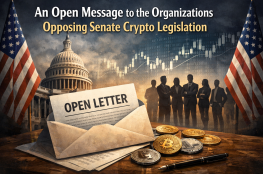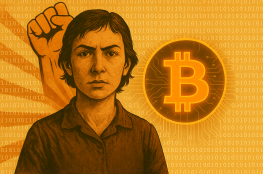“You got your Green Card under the Biden administration, so stop doing this Bitcoin s*it. It’s for Trump supporters. You’re forgetting where you came from.” Those words stung me during the recent election. An attack – boxing my immigrant identity into a political corner I didn’t choose.
As someone who grew up in Burma, I always carry a skepticism of systems that fail the vulnerable. In America, the mainstream media paints one party as heroes, the other full of racists. I believed that, to be honest with you. But people running anti-Bitcoin activism opened my eyes. Being an anti-Bitcoin activist is the safest job in the world. There are no social penalties and no legal risks for telling other people to remain poor in the fiat world. They sip their Starbucks, swipe an AmEx card, and criticize Bitcoin from their iPhone in their comfortable apartment with 24/7 electricity. It is not a campaign for social equality, merely virtue signaling.
In my own personal experience at Georgetown University, professors and fellow students scoffed when I spoke of Bitcoin. Some were quick to label me a Trump supporter and called an immigrant racist, dismissing my voice and my argument. Their speeches often cite diversity, equity, and inclusion, acting morally and intellectually superior as if they are the only centralized source of truth.
In the developing world, the US-based English language media and US academic institutions have a powerful influence. The local media from the Global South typically relies on the US English media to translate world activity and deliver it to their audience. Same for academic institutions as well, but smart people the world over come to the US to pursue higher education, risking their fiat savings. Still, most of them may be from affluent families because six-figure tuition fees in the U.S. cost arms and legs for a student from the developing world. For example, in order to pay the tuition fees of $100,000, the average student from China would need about 9 years of their annual income, 84 years for someone from Burma, 35 years for Indians, and 13 years from Thailand, assuming no currency debasement (but there is), and no other expenses either (of course there are). This example is but a simple illustration to show how much international students must pay to study in the US. In reality, there are many more costs, even beyond housing and the most general living expenses.
Obviously, unless someone received an incredible scholarship, people from the middle-class would have little chance to make it into such universities. Applicants offered enrollment into prestigious, expensive universities through scholarships will likely contribute their working-class perspective or real-world change-making experience, while many who paid to get into seats likely won’t have the same experience as minority talent. A giant blind spot for people from elite backgrounds is mixing up their political ideology and missing a human rights technology. A key issue in the US is refusal to listen to a minority because their favorite politician says they do not like this Bitcoin technology (But might they even own it themselves?). Mainstream media demonstrates a similar pattern; they parrot false Bitcoin talking points. The unintended impact being that this FUD is translated by media from the Global South and spread to their local audience, unwittingly or intentionally denying the opportunity for people who truly need it elsewhere to grok Bitcoin. There is an utter lack of accountability for mis- and even disinformation.
To this day I wonder, how many political dissidents got arrested because their fiat bank accounts were tracked? Because they learned from media that Bitcoin is for criminals? So they decided to use a KYC network, yet lost their mission or freedom.
To this day I wonder, how many villages rich with natural resources still sit in darkness, because prestigious research papers falsely claim Bitcoin mining will destroy the world? So these communities continue to miss the chance to harness their flowing rivers and the regenerative sun for power and progress.
To this day I wonder, how many people in the developing world are actively losing their chance to protect their wealth, right now, because high-IQ professors from famous universities say Bitcoin is for billionaires? In fact, Bitcoin is the only technology where a hard-working young professional from Yangon or Vientiane can stand equal with a hedge fund manager from Wall St. These people are limited in buying into the S&P 500, but they can participate in the open Bitcoin network just as anyone else in the rest of the world.
Anti-Bitcoin activism steals freedom from the poor, global majority, but Bitcoin will win it back for them.

Win Ko Ko Aung was born and raised in Burma (Myanmar). He works at the Human Rights Foundation for Global Bitcoin Adoption and is the Human Rights Fellow at the Bitcoin Policy Institute.




